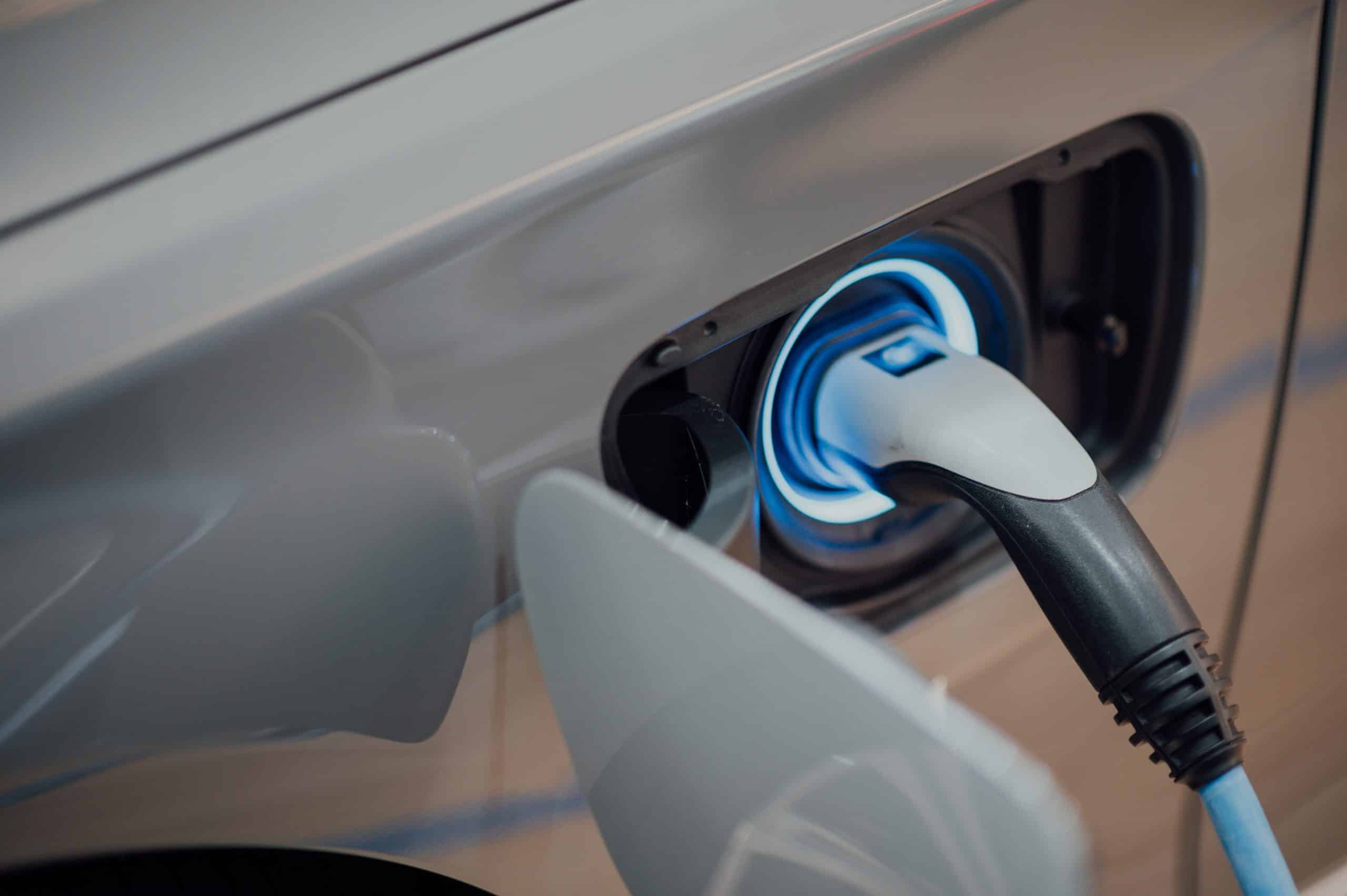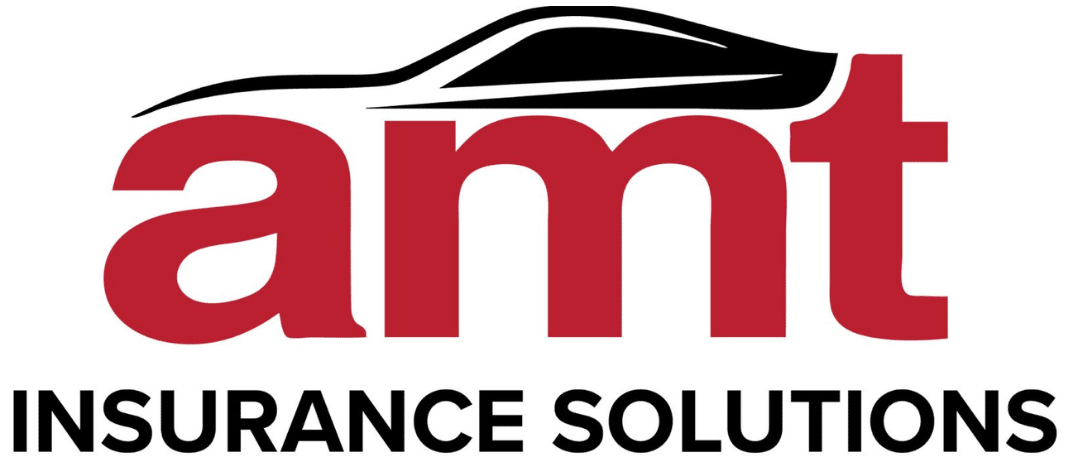
How Insurance Providers Are Adapting to Electric Vehicles (EV's)
July 8th 2024
As the world shifts towards more sustainable practices, the automotive industry is undergoing a significant transformation. The transition to electric vehicles (EVs) is at the forefront of this change, driven by advancements in technology, government incentives, and increasing environmental awareness. For insurance companies, this evolution presents both challenges and opportunities, requiring a pivot in traditional practices to accommodate the unique characteristics of EVs.
This initiative, mainly driven by Great Britain’s push towards a net zero automotive future has been the catalyst transforming the insurance landscape. We explore these adaptations covering the unique needs of electric vehicles, comprehensive protection and challenges as the country works to phase out petrol and diesel cars.
The Rise of Electric Vehicles
Electric vehicles have moved from being a relatively niche market to a rapidly growing segment of the automotive industry. Factors such as declining battery costs, extended range capabilities, improved charging infrastructure and enhanced performance have made EVs more attractive to consumers. Additionally, governments around the world are implementing stringent emissions regulations and offering incentives to promote the adoption of electric vehicles. As a result, major car manufacturers are expanding their EV offerings, accelerating the transition.
Challenges for the Insurance Industry
The rise of electric vehicles does bring several challenges for insurance providers:
- New Risk Profiles:
- Battery-Related Risks: The most significant component of these vehicles are its battery, which poses unique risks. Issues like battery fires, degradation, and the cost of replacement need to be factored into insurance policies.
- Repair Costs: EVs often require specialised repair techniques and parts, leading to potentially higher repair costs and the need for certified technicians and specialised facilities adds to these costs.
- Data and Underwriting:
- Limited Historical Data: The relatively recent introduction of these cars means that there is limited historical data on their performance and reliability. This can pose a challenge for insurers in accurately assessing risk and setting premiums.
- Telematics and Connectivity: EVs are typically equipped with advanced telematics and connectivity features. Insurers need to adapt to leveraging this data for more accurate underwriting and personalised insurance products.
- Market Dynamics:
- Resale Values: The resale value of EVs is still quite volatile, influenced by technological advancements and government policies. This affects the calculation of premiums and claims settlements.
How Insurance is Evolving for Electric Vehicle Owners
In response to these challenges, insurance providers are implementing several strategies to adapt to the growing EV market:
- Developing Specialised Products:
- EV-Specific Policies: Insurers are creating policies tailored specifically for electric vehicles, covering unique risks such as battery damage, charging equipment, and software updates.
- Usage-Based Insurance: Leveraging telematics data, some insurers offer usage-based insurance (UBI) policies that adjust premiums based on driving behaviour and mileage, which is particularly relevant for EV owners who may drive less frequently and make shorter trips.
- Investing in Technology and Expertise:
- Training and Certification: Insurers are investing in training programs to ensure that claims adjusters and repair shops are certified to handle EV-specific issues.
- Partnerships: Collaborating with EV manufacturers, charging infrastructure providers, and technology firms allows insurers to stay abreast of the latest developments and integrate them into their products and services.
- Enhancing Data Analytics:
- Big Data and AI: Utilising big data and artificial intelligence (AI) helps insurers to analyse performance, predict risks, and set more accurate premiums. These technologies also assist in fraud detection and claims processing.
- Telematics Integration: Integrating telematics data from EVs into underwriting processes allows insurers to offer more personalised and fair pricing, reflecting the actual usage and condition of the vehicle.
- Customer Education and Engagement:
- Awareness Programmes: Insurers are launching educational campaigns to inform customers about the specifics of insuring EVs, the importance of proper maintenance, and safe charging practices.
The Future of Insuring Electric Vehicles
The transition to electric vehicles is a fundamental shift in the automotive landscape. For insurance providers, this represents an opportunity to innovate and redefine their offerings. By embracing technology, enhancing data analytics, and developing specialised products, insurers can not only manage the risks associated with EVs but also play a crucial role in promoting their adoption.
As the industry evolves, the collaboration between manufacturers, technology providers, and insurers will be pivotal. Together, they can create an ecosystem that supports the sustainable growth of electric vehicles, ensuring that drivers are adequately protected and incentivised to make environmentally conscious choices. The road ahead is electric, and the insurance industry is ready to power this transition.
At AMT Insurance Solutions, we are here to help you get insurance cover with the policy that is best suited for you and your driving needs. Find out more about our vehicle insurance solutions, including fleet insurance for businesses.
Visit our contact page to get a quote or speak with one of our insurance experts.

